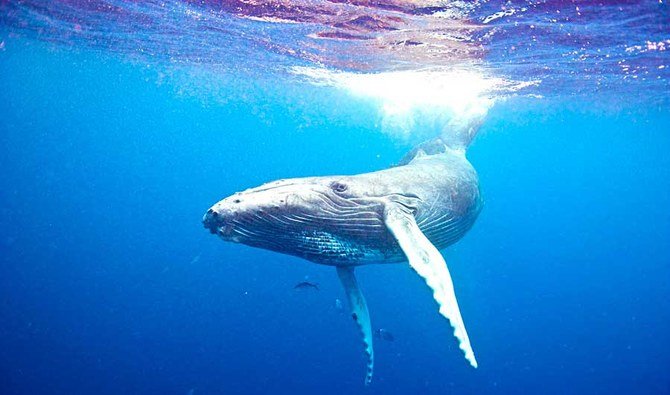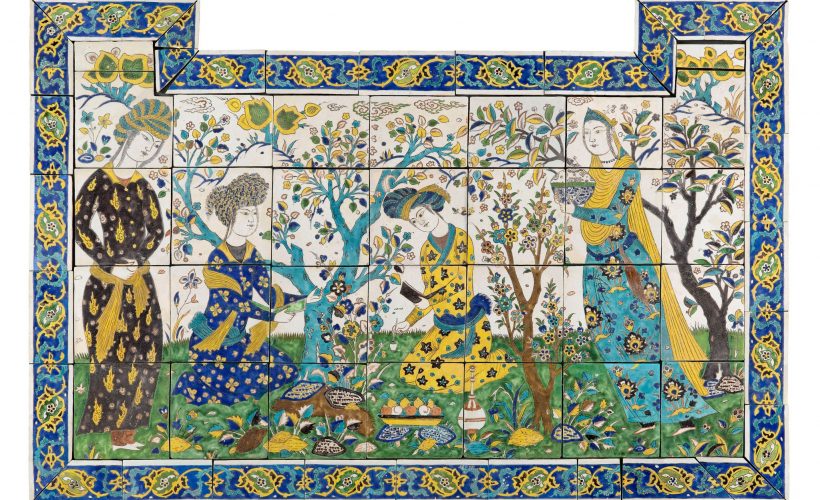History & Heritage
7.6.2021
Saudi Arabia: The incredible discovery of a 37 million year old whale

On June 29, an incredible discovery was made in the Jouf region of Saudi Arabia: a graveyard of fossilised whale bones that went extinct over 37 million years ago! A beautiful souvenir that reveals secrets about the geology and ancient marine environments of the Kingdom…
A group of eight local and international geologists and palaeontologists were responsible for the find, which has been hailed as one of the most important for science! The fossilised whale was found in an area filled with sandy and rocky mountains belonging to the Priabonian period, known as the Upper Eocene era, and dating back over 37 million years.
See also
undefined
A fundamental contribution to the distribution of ancient marine mammals in Saudi Arabia
This discovery will provide archaeological teams with a major new insight into the geographical distribution of ancient marine mammals in northwestern Saudi Arabia.
Iyad Zalmout, American technical advisor in palaeontology and geology for the Saudi Geological Survey, and one of the architects of the discovery, said that “the animal belonged to a rare species of archaic whale classified in the extinct family of archaeocetes“.
Zalmout said the area where the discovery was made is known to have high levels of rainwater accumulation, as “the fossil itself comes from limestone foothills of bituminous chalk and marl.”

The Kingdom’s deserts are likely to contain many other aquatic mammal fossils, according to Zalmout. “Whales and sea cows should be there, wherever Eocene and younger marine sediments are exposed.”
The whale story in three parts
The origin story of whales assumes an evolution from a terrestrial ancestor, from which they adapted to a semi-aquatic marine inhibitor, to eventually become fully aquatic.
Zalmout explained the three adaptation scenarios of marine mammals. “This story of great transformation and adaptation to a fully aquatic life is a dramatic example of change, due to climate change, affecting the surrounding ecosystems and environments, which in turn will affect the feeding and reproductive cycle of these marine occupants.”
popular

